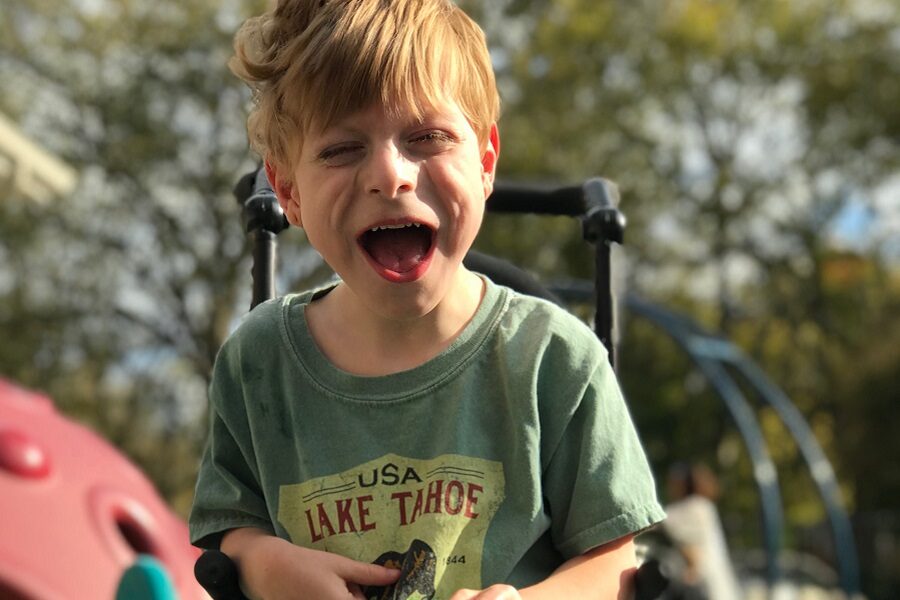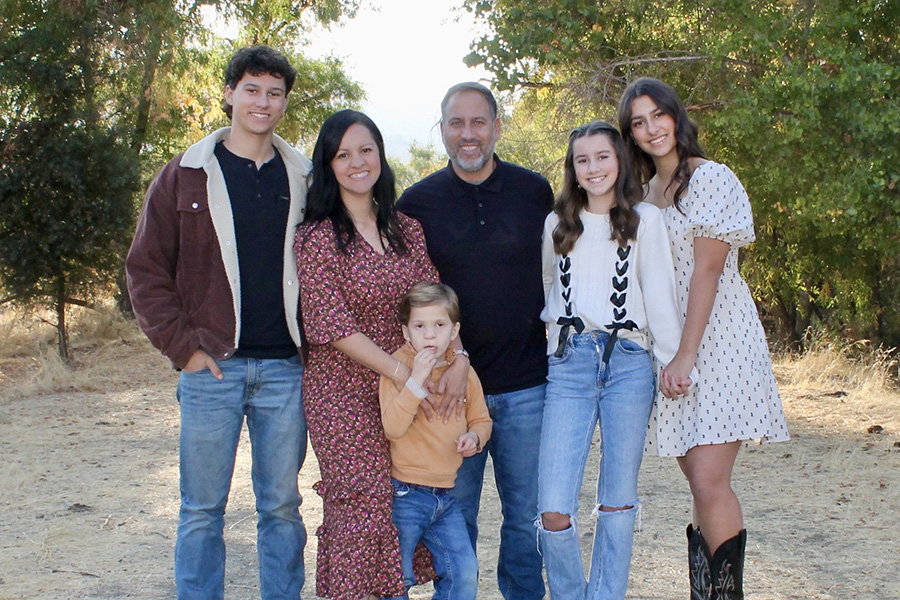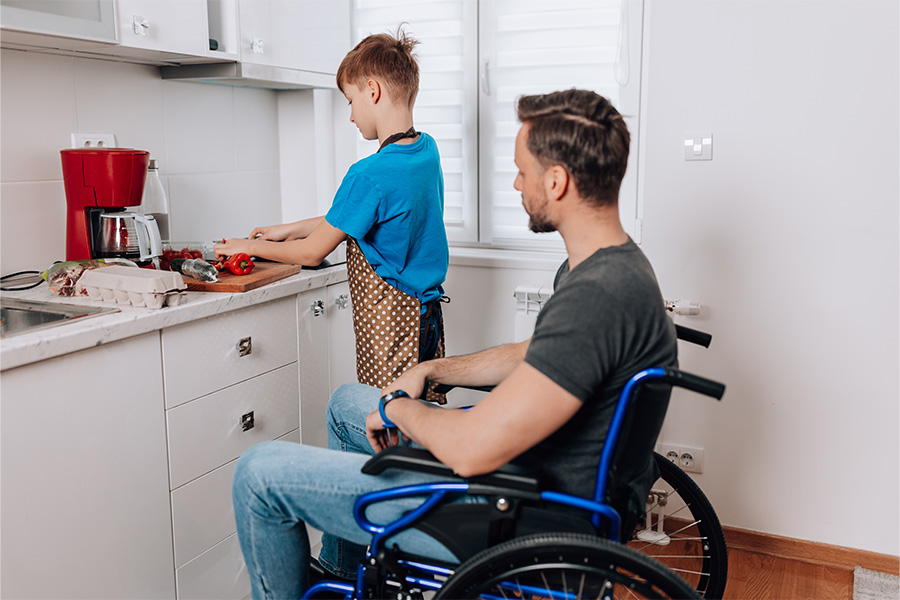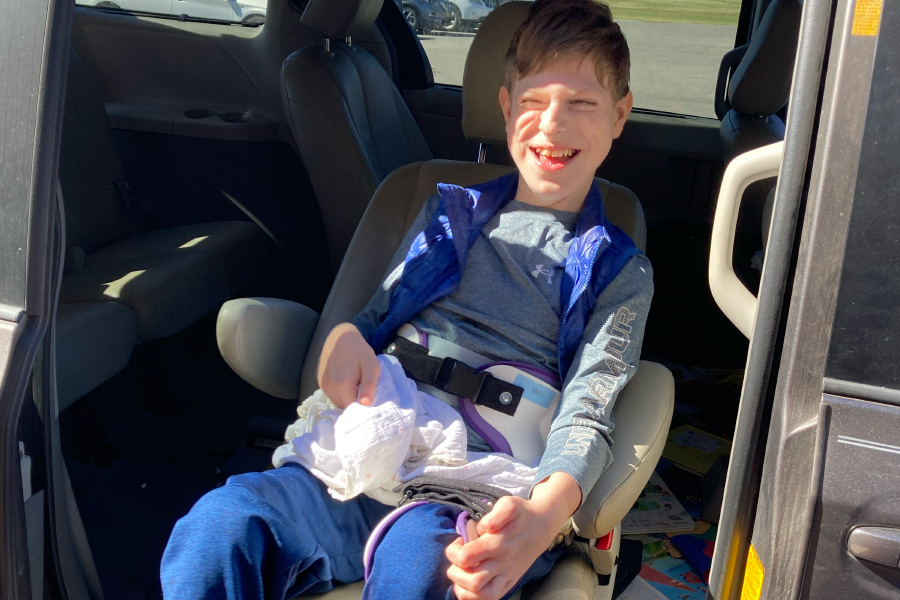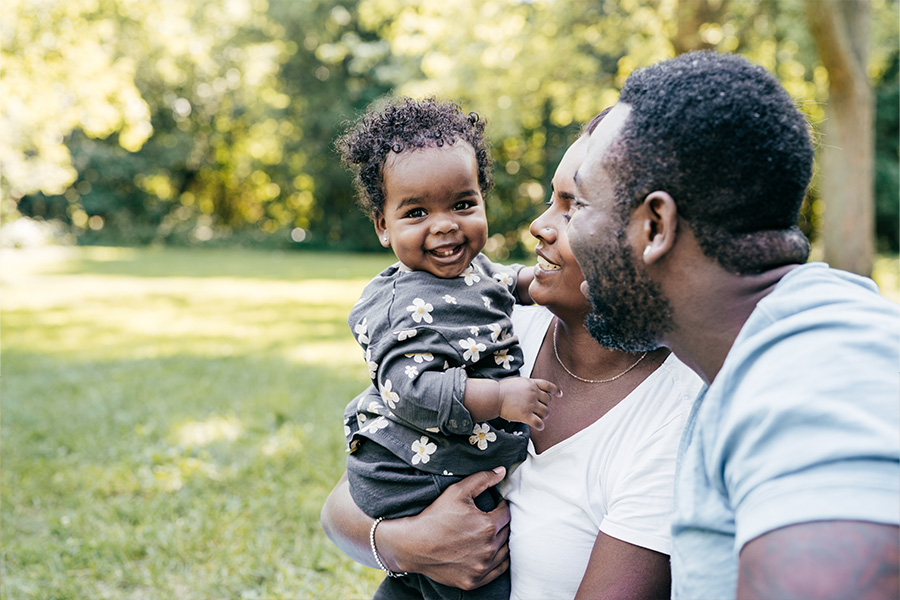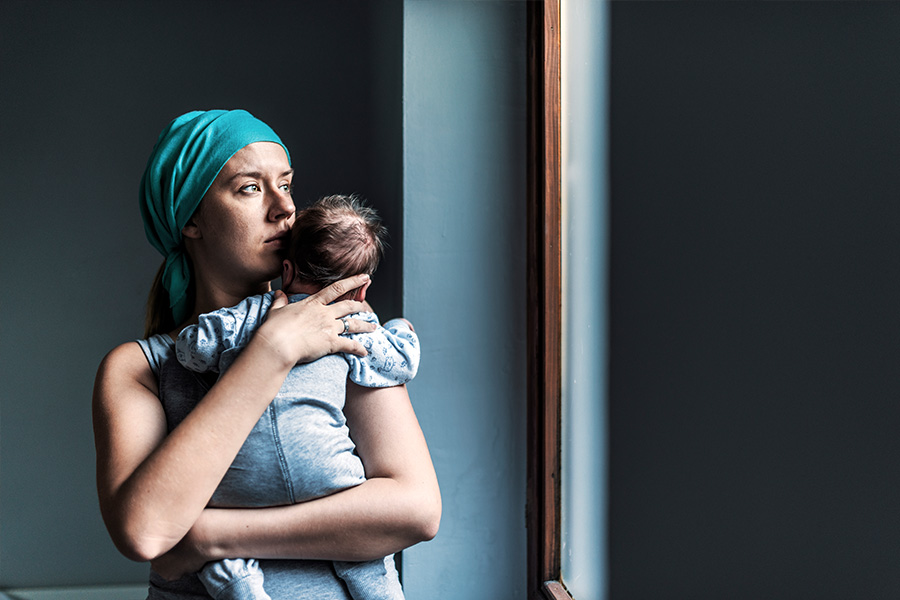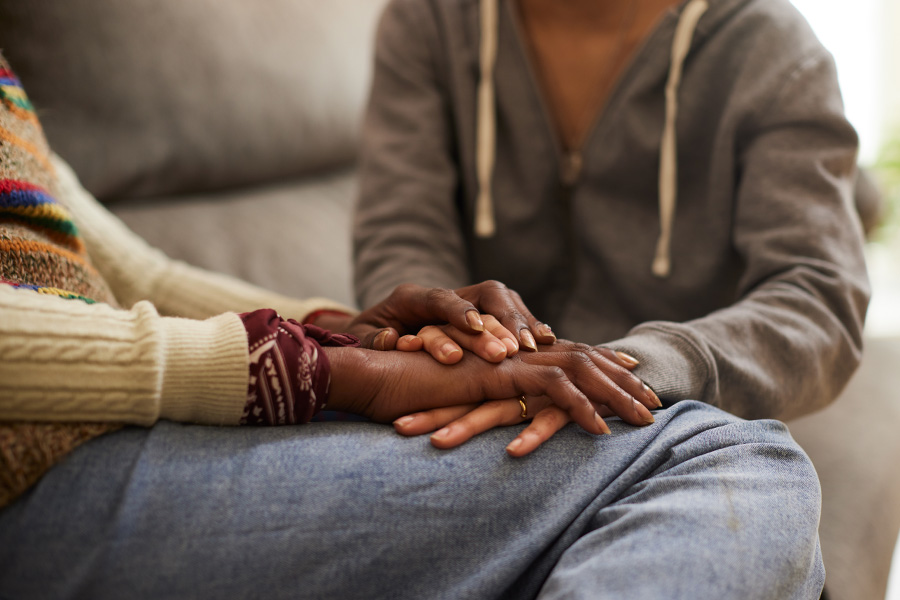What I Wish Everyone Knew about My Son During Cerebral Palsy Awareness Month
March is Cerebral Palsy Awareness Month. Would I have known this if my child did not have cerebral palsy? Probably not.
Would I be wearing a green ribbon and thinking, not of leprechauns and Mardi Gras and Easter, but instead of this diagnosis? Probably not.
But because my son does have cerebral palsy and because it is the thing I must write on every medical and financial and government form, I do know what March means for us. Our awareness is year-round, but months like these are important. They spread the word on diagnoses and people and medical marvels that might otherwise go unacknowledged, or at least, misunderstood.
March is our month and we celebrate it. We celebrate the idea that the world will turn its collective attention our way.
My son already gets curious looks when he rolls by in his wheelchair or uses his speaking device that looks suspiciously like an iPad to talk. The voice’s name is “Joshua” and each time it says, “hello mama” in that robot kid voice I think of Matthew Broderick and “War Games” and smile. I welcome the curiosity. We want to be seen and better yet, understood.
So here is what I wish everyone knew as this month of awareness comes around:
“Cerebral palsy” literally means “brain paralysis.” It is an injury to the brain that typically occurs immediately before, during, or after birth. It is not a disease, but instead a medical condition.
It is the most common disability among children.
There is no cure for CP.
But there are things that help along the way. Things like:
- physical therapy for stiff legs and arms;
- occupational therapy for fine motor skills;
- speech and feeding therapy for mouths to learn to move at will rather than at random;
- aquatic therapy for loosening muscles and blissful freedom from gravity;
- equestrian therapy for core strength and that symbiotic bond between rider and horse;
- adaptive and assistive equipment that ranges from braces on legs to bodysuits to wheelchairs to speaking devices;
And there are more developments on the horizon, because the medical world is full of marvels to help people like my son live a more independent life.
I would like people to know that limited language does not mean limited knowledge and limited movement does not mean limited engagement.
I would like people to know that cerebral palsy comes in all gradations, like levels of difficulty on a mountain range. Just like people, no two cases are ever the same.
I would like people to know that questions are good, are welcomed, are better than silence and stares.
If you see us in the grocery store and wonder why my six-year-old is riding in the shopping cart, please ask. If you see us in the park and he is rolling alongside you as you run down the asphalt, please ask. If you say hello and he waves without words and you wonder why, please ask, because he might just answer in his “Joshua” voice.
There are so many kids like my son, with CP in so many forms who wish and fight to be a part of the bigger and faster moving world.
If you see a little girl in hot pink leg braces holding the hand of her mother and teetering across the school parking lot, please ask or lend a hand or cheer her on, because we all need a round of applause now and then. If your child has a classmate with a personal aide and has always wondered why, encourage them to ask. Asking brings answers and answers bring knowledge and knowledge brings awareness.
And awareness is what Cerebral Palsy Awareness Month is all about.
This month our family will don our greens from head to toe like a field of wild clover because we want to stand out. We want to be asked. We are ready to celebrate our eldest child who is a lover of the guitar and math equations and vanilla soft serve, and who also happens to have CP.

Jamie Sumner is a special needs mom, author and blogger.
Read her blog, The Mom Gene.
Follow her on Facebook.
More Articles Related to Cerebral Palsy Awareness Month:
Cerebral Palsy Awareness: Nutrition Issues with Cerebral Palsy
Five Ways to Build Social Skills in Children with Cerebral Palsy
http://www.shieldhealthcare.com/community/grow/2016/04/07/transitioning-into-adulthood-with-cerebral-palsy/
Resources Related to Cerebral Palsy Awareness Month:
- Cerebral Palsy: MyChild
- The ultimate resource for everything about CP
- Cerebral Palsy Guidance
- “Providing vital guidance and assistance to parents of a child with cerebral palsy.”
- Cerebral Palsy Network
- Support network of families, individuals, professionals and friends
- Cerebral Palsy Research Registry
- Multi-institutional secure database that can be used to connect interested families with researchers studying cerebral palsy to promote understanding of the condition
- CP Daily Living
- Journal and resources for parents and caregivers of children with CP
- CP Family Network
- Legal and medical resources to empower cerebral palsy families
- United Cerebral Palsy
- Education, advocacy and support services to ensure a life without limits






